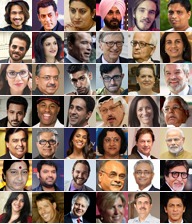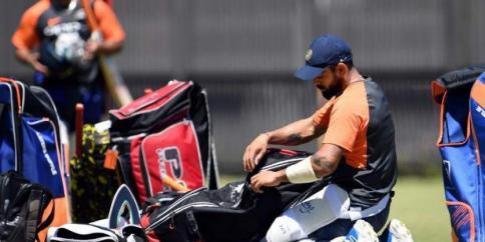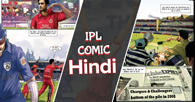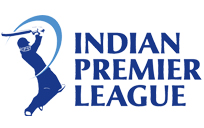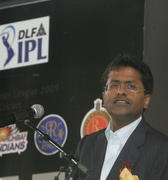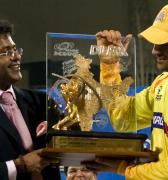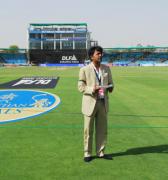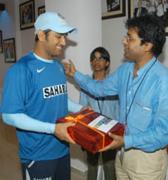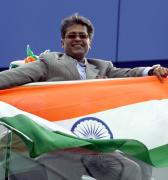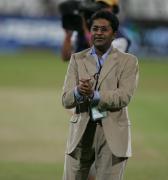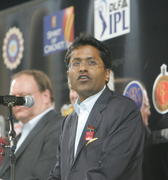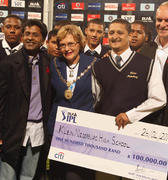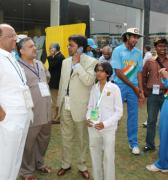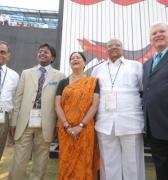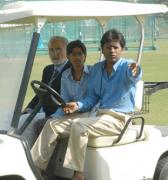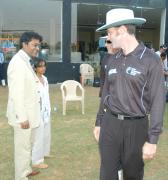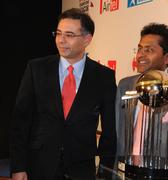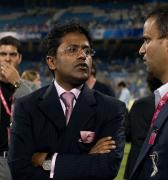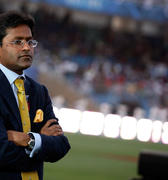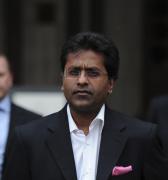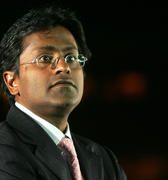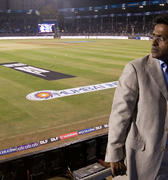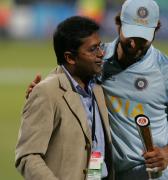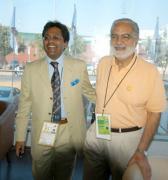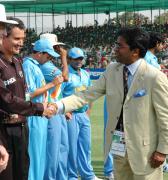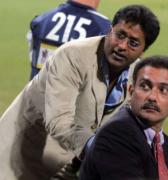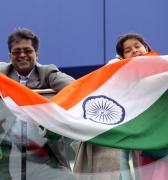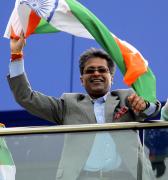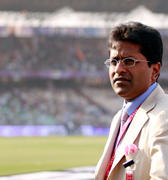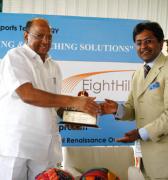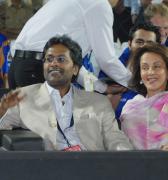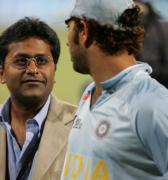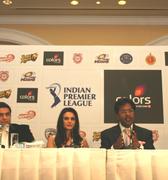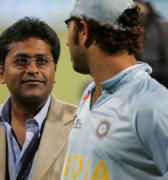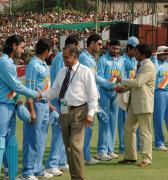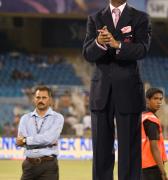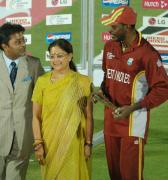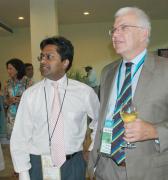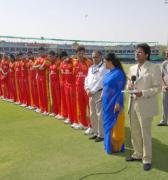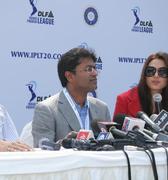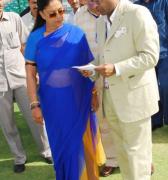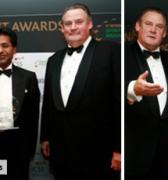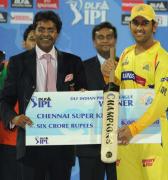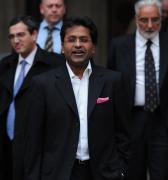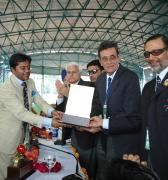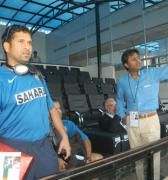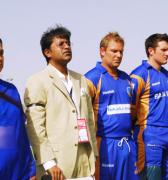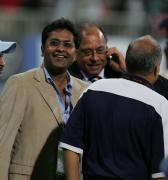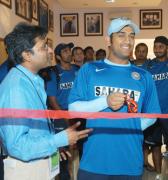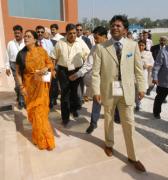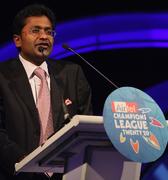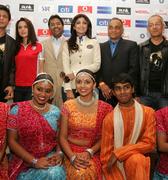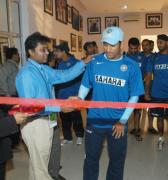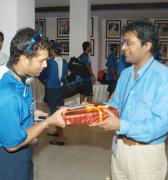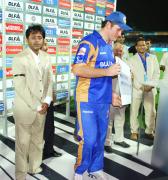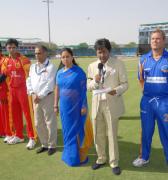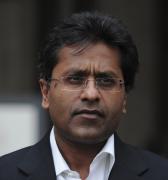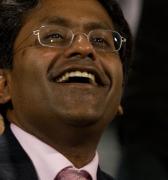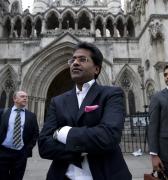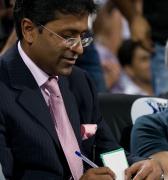BCCI finds no kit sponsor for team India ahead of Australia tour
Thursday 08 October 2020
The BCCI is staring at the possibility of not having a kit sponsor for the Indian team when they travel to Australia next month. It is understood that the board is still exploring the possibility of extending the tender deadline, so that it can have a sponsor in place by the time the series commences.
But so far, no decision has been taken and officials are even preparing for the worst case scenario, which is no kit sponsor for the Australia series. On August 3, the BCCI came up with an advertisement inviting tenders for kit sponsor and official merchandise partner. The deadline ended on August 26.
Although several companies including Adidas and Puma purchased tender documents, they did not submit a final bid. Finally, the BCCI was forced to abandon the process in September.
While the market situation in the wake of the COVID-19 pandemic has played a big role in this, BCCI sources said that they were stumped by the lack of interest from the big players, particularly after the base price was reduced from Rs 88 lakh per match to Rs 61 lakh and a minimum guarantee of Rs 6 crore per year.
The BCCI believed that Puma, which has India captain Virat Kohli as its brand ambassador, would go big trying to strengthen its space in the market. With Adidas also showing interest, the BCCI thought the final bid would definitely match that of Nike, the kit sponsor in the previous cycle.
Eventually, neither Puma nor Adidas submitted bids and the BCCI kept the process aside for a while when the IPL began. Market analysts said that since these two brands have a huge market in European football where they pay millions on kit sponsorship, they usually finalise most deals by March-April.
And in a market where pandemic has left huge holes, they believed the BCCI got its timing wrong. But all said and done, experts are also surprised that a hot property like the Indian cricket team hasn't found any taker yet.
"The other thing nobody speaks about is privacy rights. Unlike football kits, where fans pick up originals from stores, in India it doesn't happen. You find so many vendors selling duplicate kits outside stadiums at cheaper rates. It is something kit sponsors might take up with the BCCI," said an analyst on condition of anonymity.
"We know the market situation is bad. Which is why companies not exactly into sports kit manufacturing were also welcomed to bid, provided they had an agreement with an apparel company. Even then, nobody submitted bids. We have two options. One is to extend the deadline and see if anyone submits a bid this time, or postpone the entire process by a couple of months. We will have a decision in place in a couple of days," a board official told this newspaper.
Nike, which had been India's apparel sponsor since 2006, had initially requested BCCI to extend its contract at a reduced rate. The BCCI didn't agree. Though the first right of refusal was still with Nike, they didn't show interest in renewing the contract, prompting the BCCI to go ahead with a new tender process.
The BCCI is staring at the possibility of not having a kit sponsor for the Indian team when they travel to Australia next month. It is understood that the board is still exploring the possibility of extending the tender deadline, so that it can have a sponsor in place by the time the series commences.But so far, no decision has been taken and officials are even preparing for the worst case scenario, which is no kit sponsor for the Australia series. On August 3, the BCCI came up with an advertisement inviting tenders for kit sponsor and official merchandise partner. The deadline ended on August 26.
Although several companies including Adidas and Puma purchased tender documents, they did not submit a final bid. Finally, the BCCI was forced to abandon the process in September.
While the market situation in the wake of the COVID-19 pandemic has played a big role in this, BCCI sources said that they were stumped by the lack of interest from the big players, particularly after the base price was reduced from Rs 88 lakh per match to Rs 61 lakh and a minimum guarantee of Rs 6 crore per year.
The BCCI believed that Puma, which has India captain Virat Kohli as its brand ambassador, would go big trying to strengthen its space in the market. With Adidas also showing interest, the BCCI thought the final bid would definitely match that of Nike, the kit sponsor in the previous cycle.
Eventually, neither Puma nor Adidas submitted bids and the BCCI kept the process aside for a while when the IPL began. Market analysts said that since these two brands have a huge market in European football where they pay millions on kit sponsorship, they usually finalise most deals by March-April.
And in a market where pandemic has left huge holes, they believed the BCCI got its timing wrong. But all said and done, experts are also surprised that a hot property like the Indian cricket team hasn't found any taker yet.
"The other thing nobody speaks about is privacy rights. Unlike football kits, where fans pick up originals from stores, in India it doesn't happen. You find so many vendors selling duplicate kits outside stadiums at cheaper rates. It is something kit sponsors might take up with the BCCI," said an analyst on condition of anonymity.
"We know the market situation is bad. Which is why companies not exactly into sports kit manufacturing were also welcomed to bid, provided they had an agreement with an apparel company. Even then, nobody submitted bids. We have two options. One is to extend the deadline and see if anyone submits a bid this time, or postpone the entire process by a couple of months. We will have a decision in place in a couple of days," a board official told this newspaper.
Nike, which had been India's apparel sponsor since 2006, had initially requested BCCI to extend its contract at a reduced rate. The BCCI didn't agree. Though the first right of refusal was still with Nike, they didn't show interest in renewing the contract, prompting the BCCI to go ahead with a new tender process.
(Courtesy: The New Indian Express)

ICC lacks strong leadership in current times: ex-CEO Lorgat
The former ICC boss said barring Khawaja's peace slogans on shoes showed ICC lacked consistency in applying its rules
Waugh warns cricket boards for ignoring Test cricket
Australia Great Warns ICC, BCCI Over 'Irrelevant Legacy'



